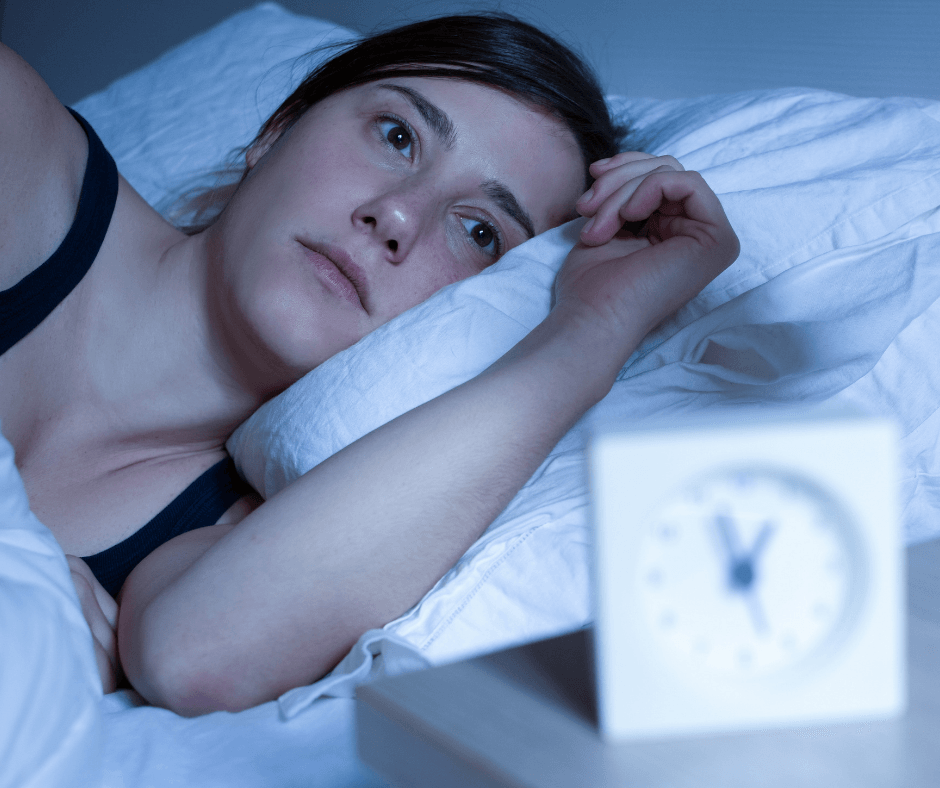Trouble with Sleep?

Sleep disrupting pain can be attributed to several factors. A few reasons that top the list are advanced age, an old injury, or even a failing mattress. The result is the same - sleep deprivation.
When you have fewer than seven hours of sleep, your body starts to change the way it functions. Your brain, immune system, your appetite and metabolism changes when you don't get enough sleep. The more sleep you lose, the more intense the effects become.
Be proactive with your bedtime routine.
Try hot and cold treatments can help to promote relaxation and to relieve pain. By applying heat, blood is brought to the injured area and promotes healing, while the use of cold reduces swelling. Alternate using hot and cold treatments, depending on your pain-needs.
For those individuals living with chronic pain, there is no one-size-fits-all solution. It can sometimes take some trial and error to find the best combination to help improve sleep.
Sleep is a biological necessity. It's incredibly beneficial to find the pain management behaviours, the bedtime routine, and the sleep positions that work best for you. There's no guarantee that all of your aches and pains will disappear altogether. Still, in establishing a healthy sleep routine, your pain will be reduced and ultimately improving your quality of life.
Build healthy sleep habits
Avoid having any distractions such as gym equipment or electronics in your bedroom so that your mind doesn't get mixed signals and ramp up for activity when you should be getting ready for bed. Reserve your bedroom space, both mentally and physically for sleep. To improve the conditions further, consider using light-blocking window coverings. Incorporate the use of white noise machines to reduce distracting sounds, and lower the thermostat.
Make bedtime a priority.
A person's body needs the predictability of a regular bedtime. By establishing a routine of going to bed at the same time each night (even on weekends), your brain will begin to release sleep hormones at the same time every night and strengthens your response to those hormones.
Stretch before sleeping
Before getting into bed, take a few minutes to stretch your body. Stretching can help you get to sleep and wake up with less pain. Start by targeting the areas in the body where you hold tension or a feeling of "tightness," such as your neck, shoulders, back or hips. Be sure to stretch slowly; you should feel tension in your muscles, but never pain.
Consider what you need to get comfortable.
To help hip or back pain, try using a pillow between the knees. As an alternative to sleeping on your side, you may be able to tolerate sleeping on your back with a body pillow behind you to take the pressure off your shoulders. Therapeutic pillows or memory foam mattress toppers are other options that can help to alleviate pain. Replacing your mattress when it is worn out or too soft can help to exacerbate back pain while sleeping on a bed that's too firm can exacerbate hip and shoulder pain. Make sure that your sleep surface is the right fit for you.
Meditate before bed
Meditation has been shown to reduce the anticipation of pain, which may ultimately decrease the perception of pain itself. Implementing mindfulness meditation before sleep can trigger the body's relaxation response, which may reduce your heart rate and blood pressure.
If you struggle with sleep, then a visit to Dr Vollrath is definitely in order. Call Core Chiropractic Center to book a consultation today.



